How does compost tea help repel insects
filmost
10 years ago
Related Stories

GARDENING GUIDESGet on a Composting Kick (Hello, Free Fertilizer!)
Quit shelling out for pricey substitutes that aren’t even as good. Here’s how to give your soil the best while lightening your trash load
Full Story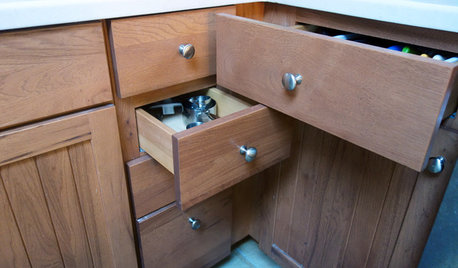
FUN HOUZZ10 Truly Irritating Things Your Partner Does in the Kitchen
Dirty dishes, food scraps in the sink — will the madness ever stop?
Full Story
GARDENING AND LANDSCAPINGPorch Life: Banish the Bugs
Don't let insects be the bane of your sweet tea and swing time. These screening and product ideas will help keep bugs at bay on the porch
Full Story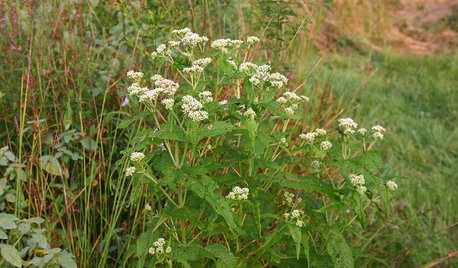
GARDENING GUIDESGreat Design Plant: Common Boneset Helps Good Bugs Thrive
Support bees, moths and butterflies with the nectar of this low-maintenance, versatile and tactile prairie-style plant
Full Story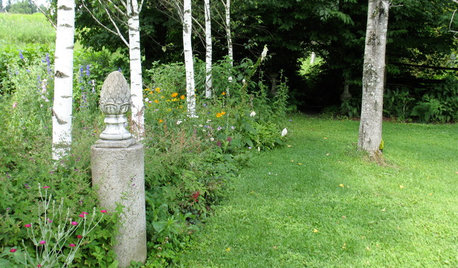
WINTER GARDENINGHow to Help Your Trees Weather a Storm
Seeing trees safely through winter storms means choosing the right species, siting them carefully and paying attention during the tempests
Full Story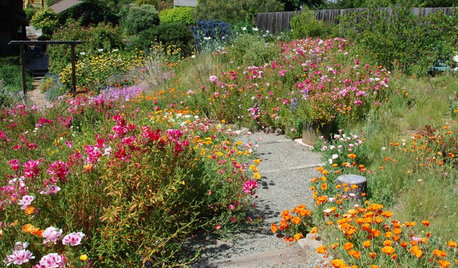
EARTH DAYHow to Design a Garden for Native Bees
Create a garden that not only looks beautiful but also nurtures native bees — and helps other wildlife in the process
Full Story
GARDENING AND LANDSCAPINGBid Bad Garden Bugs Goodbye and Usher In the Good
Give ants their marching orders and send mosquitoes moseying, while creating a garden that draws pollinators and helpful eaters
Full Story
GARDENING FOR BUTTERFLIESGardening for the Bees, and Why It’s a Good Thing
When you discover how hard bees work for our food supply, you may never garden without them in mind again
Full Story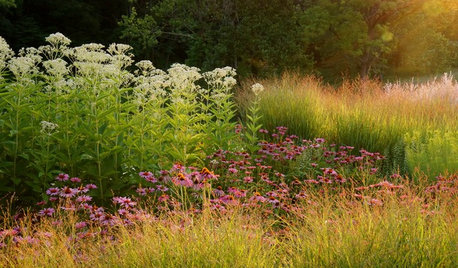
GARDENING FOR BUTTERFLIESGarden for Wildlife to Reap Rich Rewards
When you plant with animals and insects in mind, you make gardening easier, the planet healthier and yourself more present
Full Story
GARDENING GUIDESHouzz TV: Make a Worm Bin for Rich Soil and Happy Plants
A worm-powered compost bin that can fit under a sink turns food scraps into a powerful amendment for your garden. Here’s how to make one
Full StoryMore Discussions






nc_crn
nc_crn
Related Professionals
Ashburn Landscape Architects & Landscape Designers · Ballenger Creek Landscape Architects & Landscape Designers · Bell Gardens Landscape Contractors · Belmont Landscape Contractors · Duarte Landscape Contractors · Lake Saint Louis Landscape Contractors · Monterey Landscape Contractors · North Lauderdale Landscape Contractors · Tamarac Landscape Contractors · White Bear Lake Landscape Contractors · North Aurora Landscape Contractors · Batavia Decks, Patios & Outdoor Enclosures · Green Bay Decks, Patios & Outdoor Enclosures · Novi Decks, Patios & Outdoor Enclosures · Villa Park Decks, Patios & Outdoor EnclosuresTXEB
filmostOriginal Author
nc_crn
TXEB
uscjusto
chickencoupe